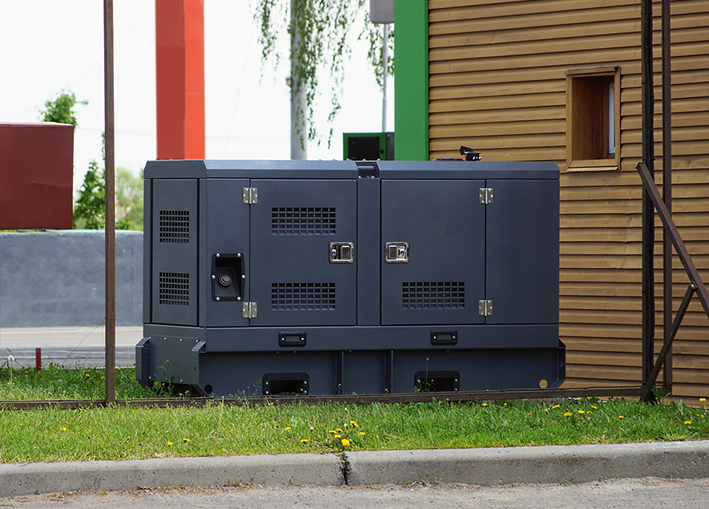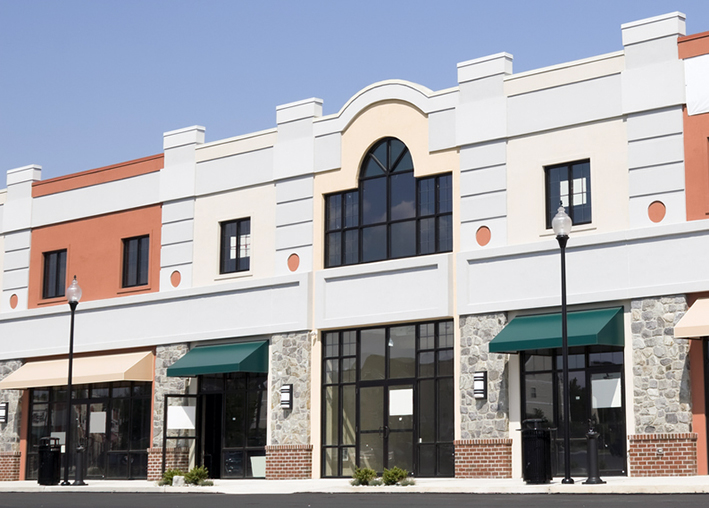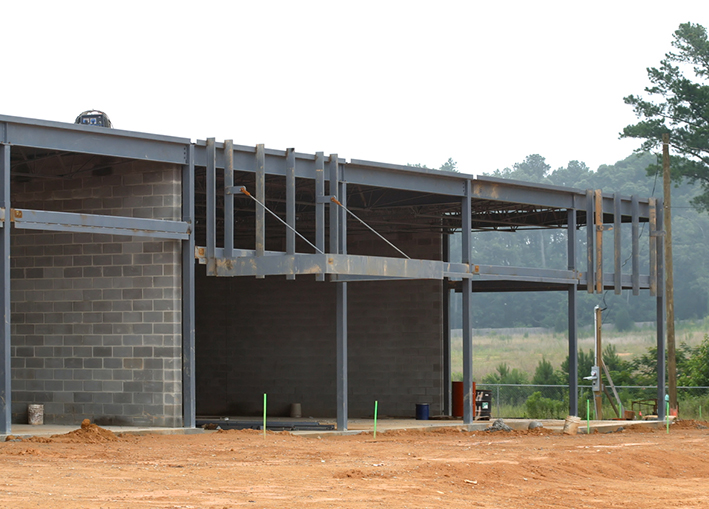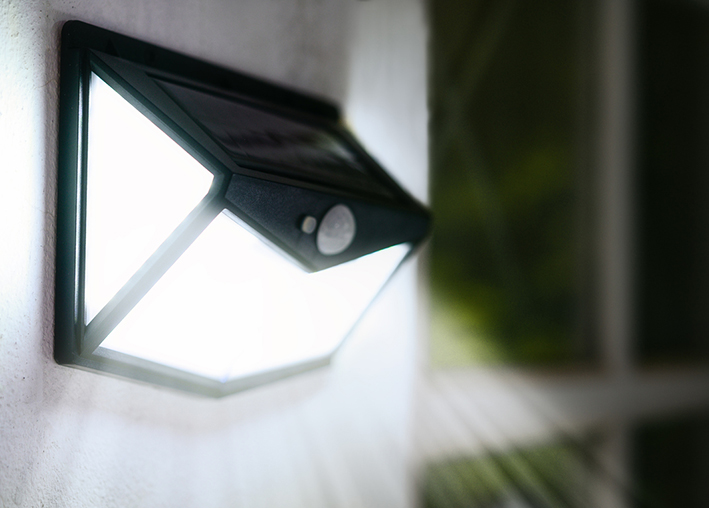Wiring a Server Room – Residential and Commercial

A properly wired server room serves as the beating heart of your residential or commercial IT infrastructure. Whether you’re an entrepreneur working out of your home, an avid gamer, or a business owner, hiring the right electrical contractor can increase the reliability and performance of your network. Laying out the wiring and hardware efficiently and […]
Emergency Backup Power for a Safe Place of Business

As a commercial property manager or business owner, you want to ensure that your tenants or employees have reliable power. Understanding the role of emergency backup power systems and partnering with the right commercial electrical company is a winning combination for worry-free power that comes on as soon as the electrical grid goes down. Having […]
Importance of Proper Electrical Load Balance in Commercial Buildings

The complex infrastructure and multi-faceted operation of a commercial building requires careful planning for everything to function optimally and smoothly. Towards this goal, making use of the available capacity of electrical supply without overloading it is what electrical load balancing aims to do.
Multi-Unit Electrical Projects – Townhomes, Apartments, Hotels, Assisted Living Communities
Dealing with electrical projects for large residential buildings or complexes requires special skill and care. Whether you’re a property manager or owner, it’s important to understand the major considerations to discuss with your contractor. At J&S Electrical Contractors, our commercial electricians handle everything from project management to project execution. With licensed master electricians implementing and […]
Key Considerations When Planning to Develop a Commercial Strip Mall in PA

As a commercial property owner, manager, or developer, there are several things to keep in mind when planning to develop a commercial strip mall in Pennsylvania. To ensure the success of your venture, you need to consider local zoning laws and how to account for the needs of prospective tenants. At J&S Electrical Contractors, our […]
Things to Discuss with Your Electrician During Each Phase of Construction

Electrical work during a construction project involves five main phases that provide unique opportunities to check in with your electrical contractors. Prepare your questions ahead of time or ask your electrician to give you an overview before the next phase begins. This will give you the time you need to collect your thoughts and prepare […]
Careful Planning Is Key for Large Scale Commercial Projects

Large scale electrical projects for commercial buildings require considerable preparation. If you own or manage an industrial or commercial building, it’s important to carefully plan each step of the process. J & S Electrical Contractors, Inc. can help you design energy-efficient electrical systems for your apartment building, industrial facility, warehouse, or other commercial building. Our […]
Electrical Circuits – FAQs

Understanding how electrical circuits work makes it easier to maintain and optimize the electrical system in your commercial building. That’s why the Master Electricians at J & S Electrical Contractors, Inc. have put together the following Q & A on the types of electrical circuits and how they work. You’ll also learn why major appliances […]
Security Lighting to Protect Your Business and Patrons

You can dramatically improve the security of your commercial property with the right equipment. Advanced lighting design can help you save money while keeping your property well-lit and secure. When you work with the team at J&S Electrical Contractors Inc., you can choose low-maintenance, energy-efficient options, such as LED lighting, that are also safer for […]
